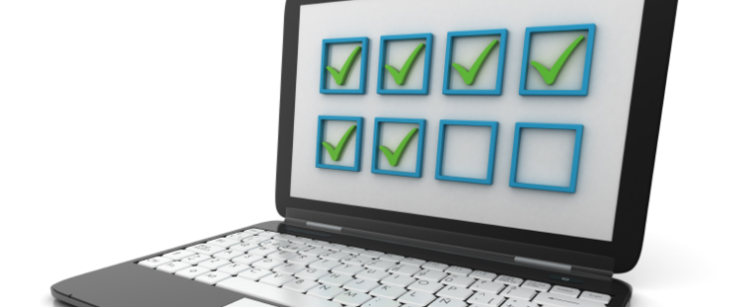Optimization & Tune-Up
We’ve all dealt with a slow computer at one time in our lives, if not many times! Computers can become slow for a whole host of reasons, but you can know one thing for sure: if it used to run fast before, it can run fast again without any change in hardware.
The only time that statement is not true is if some piece of hardware is failing, like your RAM memory, a hard drive, the motherboard or something else. However, is something is failing, you normally would see far more severe problems than just slowness.
We are experts at fixing slow computers. We’ve been doing since the earliest versions of Windows and we know the insides and outsides of the operating system. If you computer is slow due to a virus or malware, we can normally remove it (check our Virus Removal page), but there are times when we have to simply wipe the drive and start from scratch.
Otherwise, your computer probably just needs a major tune-up. What does a tune-up include? Here’s a small list of items that we take a look at when performing a tune-up:
- Clean out Windows start-up programs. Many programs add themselves to the startup folder when you first install them. This is usually not necessary and ends up significantly slowing down your computer. We’ll go through the list with you and disable the programs that are not essential for loading on startup.
- Uninstall old programs or software that is no longer needed. Over time, many programs may get installed that aren’t used anymore. Uninstalling these programs will free up space, clear up registry entries and make the system run smoother overall.
- Perform a system scan to find corrupt or damaged Windows files. We’ll also analyze your Event Log and fix any major issues there that may not otherwise be visible.
- Enable security features for your browser such as website checks, anitiphishing, privacy options, automatic virus scans for downloads and more.
- Test your PC hardware including memory, hard drive, graphics card, network card, sound card, ports for proper functionality. If a component is going bad or failing, we’ll let you know.
- Clean the inside of the computer case and system for desktop PCs. Dust can build up and cause components to overheat.
- Reommend any hardware upgrades that could significantly increase the performance of your machine. I bought a Mac in 2009 that had 2GB of RAM, which was ok, but prevented me from running more than a few programs at a time. I upgraded to 8GB of RAM for $60 and it’s made a world of difference. Another huge difference was moving from a traditional hard drive to a SSD (solid state drive).
- Perform a full virus/malware/spyware scan and remove any instances from your system.
With our optimization package, you can rest assured that your computer will be performing at top speed when we’re done.
